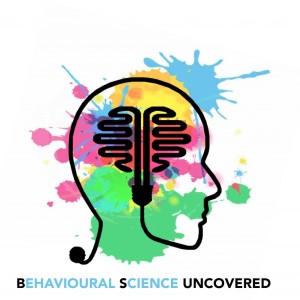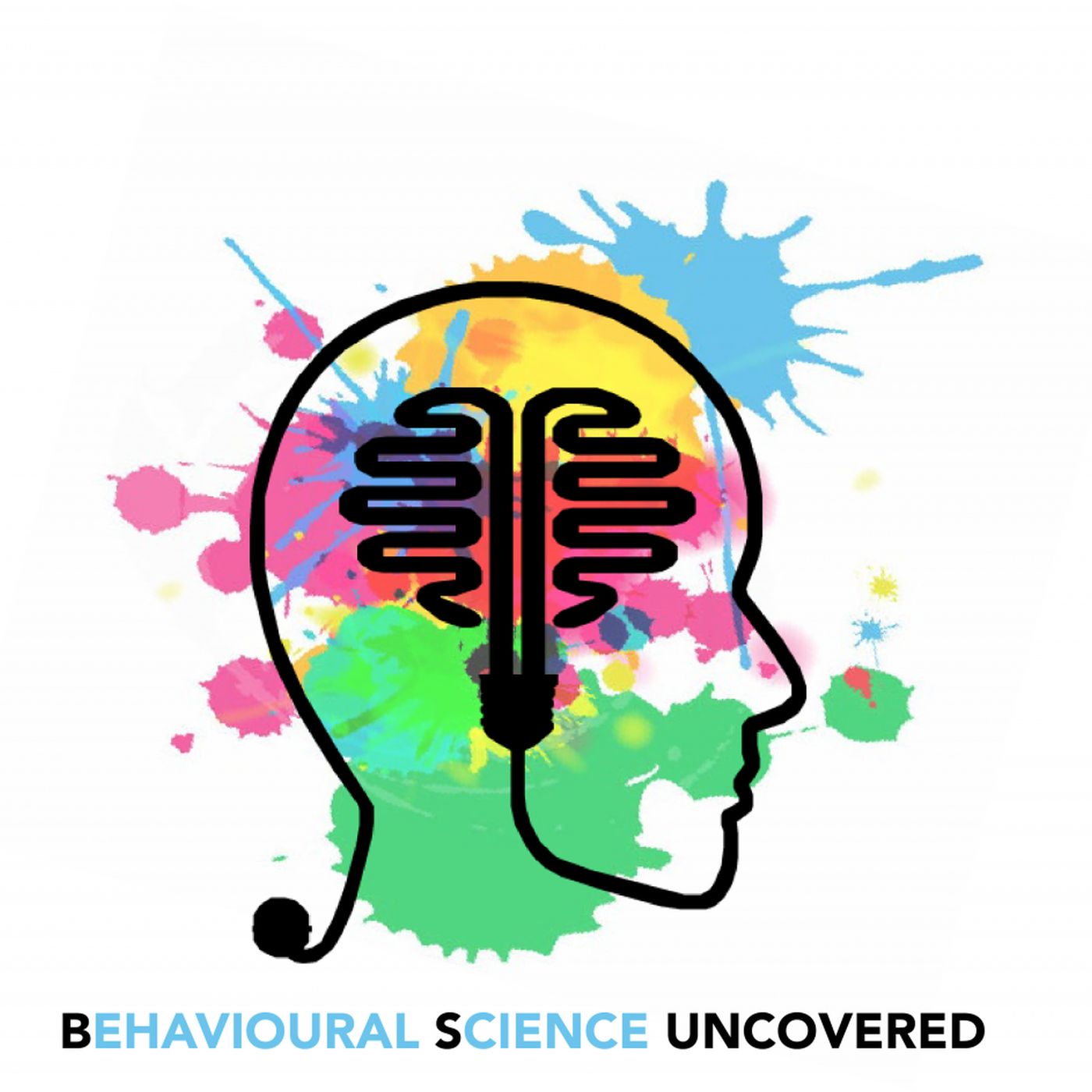Episodes

Friday Jul 08, 2022
Social Learning with Ben Golub
Friday Jul 08, 2022
Friday Jul 08, 2022
In this episode, we talk with Ben Golub about his paper “Signaling, Shame, and Silence in Social Learning” co-authored with Arun Chandrasekhar and He Yang. This paper studies how signaling, and shame-related concerns can reduce social learning. Throughout the conversation, Ben also shares helpful pieces of advice for young researchers ranging from working on multiple projects to writing better.

Friday Apr 01, 2022
Obviously Strategy-Proof Mechanisms with Shengwu Li
Friday Apr 01, 2022
Friday Apr 01, 2022
In this episode we talk with Shengwu Li about his paper Obviously Strategy-Proof Mechanisms . In this paper Shengwu introduces the notion of an "obviously dominant strategies", which describes a strategy that is not only dominant but can also recognised as weakly dominant by an agent with cognitive limitations.

Monday Mar 07, 2022
Self Persuasion with Peter Schwardmann and Egon Tripodi
Monday Mar 07, 2022
Monday Mar 07, 2022
In this episode we talk with Peter Schwardmann and Egon Tripodi about their paper Self-Persuasion: Evidence from Field Experiments at International Debating Competitions. In this paper Peter and Egon study if people are more likely to believe in the veracity of a claim if it is convenient for them to do so.

Monday Feb 07, 2022
Economic Behaviour and Genetic Makeup with Pietro Biroli
Monday Feb 07, 2022
Monday Feb 07, 2022
In this episode, we talk to Pietro Biroli from the University of Bologna about his paper ”Moral Hazard Heterogeneity: Genes and Health Insurance Influence Smoking after a Health Shock”. In this paper, Pietro and his co-author Laura Zwyssig show that individual behaviour is influenced not only by environmental constraints but also by genetic makeup, which carries implications for the fairness and effectiveness of health policies.

Monday Jan 10, 2022
How to Change with Katy Milkman
Monday Jan 10, 2022
Monday Jan 10, 2022
In this episode, we talk to Katy Milkman from the Wharton School of the University of Pennsylvania about some of the research that led to the production of her recent book, How to Change. Throughout this conversation, Katy shares with us what she has learned from her many years of experience as a behavioural science researcher and where she might go next to tackle the challenge that preoccupies her the most: changing behaviour for good.

Tuesday Dec 14, 2021
Lapse-Based Insurance with Daniel Gottlieb
Tuesday Dec 14, 2021
Tuesday Dec 14, 2021
In this episode we talk to Daniel Gottlieb from LSE about his paper Lapse-Based Insurance . In this paper Daniel studies why customers lapse on their life insurance payments and how this is related to insurance pricing using both a theoretical model and a survey data.

Tuesday Oct 05, 2021
Tuesday Oct 05, 2021
In this episode, we talk with Itzhak Gilboa, professor of Economics at the HEC Paris and Tel-Aviv University, and holder of the AXA Chair in Decision Sciences. We will talk about the contrast “expected vs. actual success” of two of his papers. “Case-Based Decision Theory” was expected to be very successful, but turned out not to be. The second paper, “Maxmin Expected Utility with Non-Unique Prior” was not expected to be a big deal, but is now listed as the most cited and the most relevant paper in the Journal of Mathematical Economics. Tune in for a discussion centered around the development of the ideas, the publication process, and to learn about axiomatic decision theory.

Wednesday Sep 15, 2021
Incentivised Elicitation of Private Information with Aurélien Baillon
Wednesday Sep 15, 2021
Wednesday Sep 15, 2021
In this episode we talk to Aurélien Baillon from Erasmus University Rotterdam about his papers Bayesian Markets to Elicit Private Information and Simple Bets to Elicit Private Signals. In this work Aurélien studies how we can elicit private information about questions for which we cannot verify if the subject responds truthfully, such as her subjective belief about whether she liked a product.

Tuesday Jun 01, 2021
The Dynamics of Discrimination with Aislinn Bohren and Alex Imas
Tuesday Jun 01, 2021
Tuesday Jun 01, 2021
In this episode, we have a power couple joining us. We talk with Aislinn Bohren from the University of Pennsylvania and Alex Imas from the Chicago Booth School of Business about their joint paper “The Dynamics of Discrimination: Theory and Evidence", co-authored with Michael Rosenberg. They conduct a natural field experiment to identify the dynamics of discrimination and its underlying source. The authors post content on a large online platform and exogenously vary the gender and evaluation histories of the associated accounts. When no evaluation history is available, questions posted to female accounts earn less reputation than questions posted to male accounts. However, the direction of discrimination reverses as more reputation is built. When content is posted to advanced accounts, women’s posts are favoured over men’s. Tune in for a discussion centered around the idea, the design, and the logistical implementation of the paper that has won the 2020 Exeter prize.

Thursday Apr 01, 2021
How Incentives Can Change What We Believe with Sandro Ambuehl
Thursday Apr 01, 2021
Thursday Apr 01, 2021
In this episode, which forms part of a series on ethics in behavioural science research, we talk with Sandro Ambuehl from the University of Zürich about his paper “An Offer You Can’t Refuse? Incentives Change How We Inform Ourselves and What We Believe”. To investigate how economic incentives may skew information gathering and beliefs about what a transaction entails, thus affecting the quality of decisions taken by subjects, he presents a model of costly information acquisition in conjunction with behavioural experiments, one of which includes the ingestion of insects in exchange for money. Tune in for a discussion centred around the project’s design, its ethical and logistical considerations, and on the ethics of incentivising subjects in economic experiments more generally.

